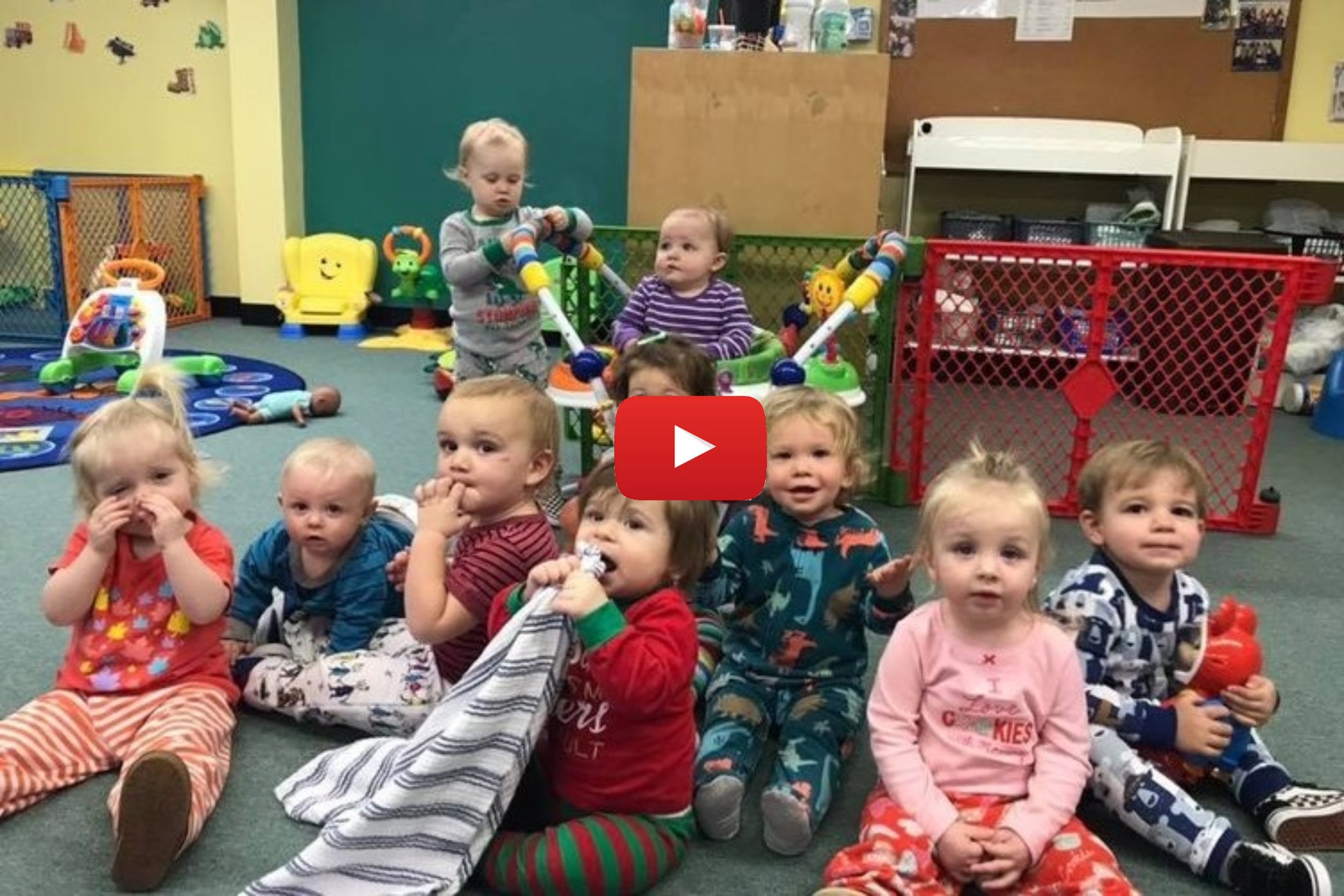Why I’m Holding an Event on ‘The Unintended Consequences of Universal Child Care’
By Katharine B. Stevens
BLOG
February 26, 2021
On Tuesday, March 2, I’m hosting a webinar event with three early childhood experts from Sweden on the unintended consequences of universal child care. When it was posted yesterday, pushback from early childhood leaders was swift and severe. “What’s the purpose of such an event?” I’m being asked. “We know that high-quality childcare is good for children.” Exactly what am I trying to accomplish?
Of course, I believe that high-quality childcare is essential for families who need it. My aim is simply to promote more thought and debate around proposals with such serious implications for children’s lives. We know that plans often don’t play out the way they’ve been imagined. Unanticipated outcomes often occur. And examples of consistent high quality carried out in large-scale public programs are few to none.
So, here are some of my questions: Are we 100 percent sure that universal childcare will turn out positively for all children? That implementation in the real world will be every bit as good as the high-quality-ensured vision? Funding will always be sufficient? Caring, loving early childhood teachers who are great with young children will always be on hand? Disadvantaged children won’t somehow, someday, end up in too-low-quality care? All young children will thrive in out-of-home, group settings, day after day after day?
We’re so sure we’re right that no discussion is warranted or even allowed? Questions must be dismissed out of hand? Zero research suggesting potentially negative effects should be considered?
The universal childcare agenda is getting a lot of influential support… from the US Chamber of Commerce, teachers unions, large childcare companies, and other powerful groups that stand to benefit greatly — whether it’s good for children or not. But when did early childhood advocates turn into early childhood program advocates? Who defined “public education starting at birth” as what’s definitely best for young children?
Our goal is not to expand programs. It’s to ensure all children flourish. We need open-minded, thoughtful, nuanced discussion about how best to accomplish that goal. Once things are put into place, they’re very hard to change. And, as we all know, the stakes for the wellbeing of the nation’s young children and their families are huge.
See Also
Event ~ March 2, 2021
Op-Ed ~ February 10, 2015
Article ~ April 27, 2021




